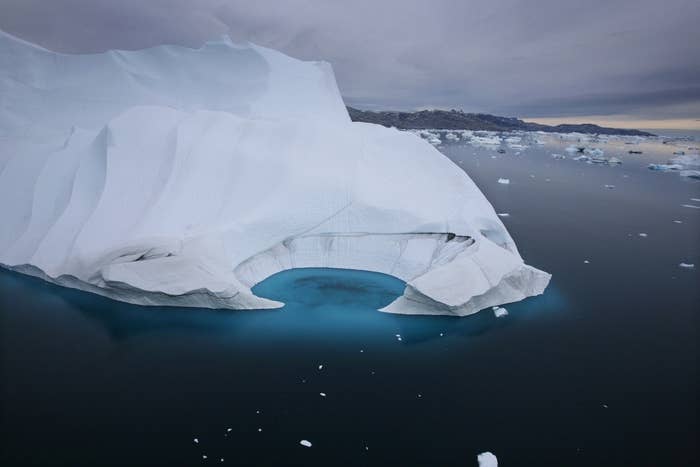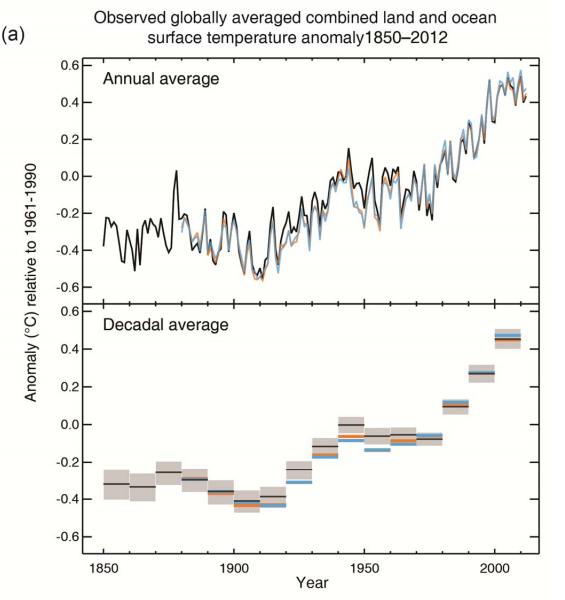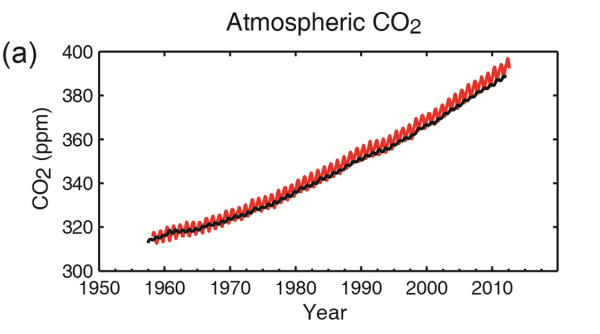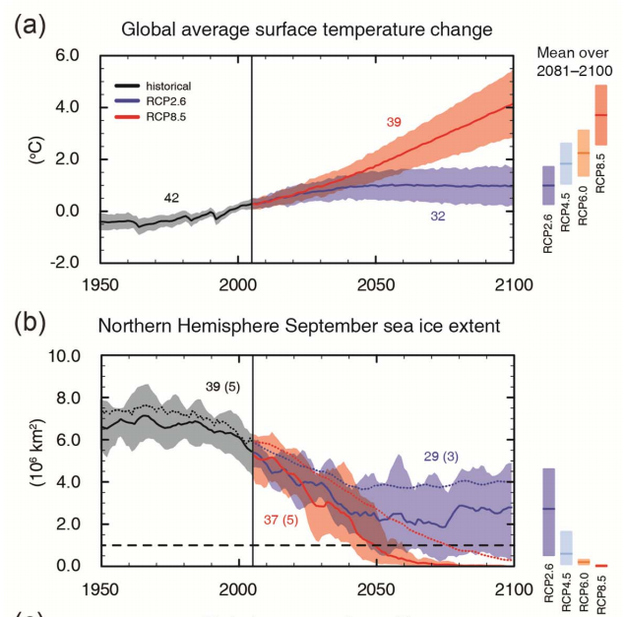
Scientists are now 95% certain that humans are the dominant cause of "unprecedented" warming of the planet since the 1950s, a United Nations-sponsored report delivered Friday said.
Declaring man-made warming "extremely likely" for the first time, the Intergovernmental Panel on Climate Change blamed human activity for the warming of the atmosphere and oceans, rising sea levels, melting snow and ice, and higher concentrations of greenhouse gases.
"Human influence on the climate system is clear," the report said.
The panel, however, dialed back its projections on how much of a temperature increase the world is likely to see by the end of the century.
Scientists now forecast average global temperatures will rise by 0.5 to 8.6 degrees Fahrenheit and the world's oceans by 10 to 32 inches by the year 2100. Previously, they were predicted to rise at an even faster rate.
"Each of the last three decades has been successively warmer at the Earth's surface than any preceding decade since 1850," the report said. Atmospheric concentrations of carbon dioxide, methane and nitrous oxide are now at levels "unprecedented in at least the last 800,000 years."

More recently, however, the rise in global temperatures has stalled over the past 15 years. The IPCC said this was due to natural variations and transfers of heat to the oceans, masking a long-term warming trend. Skeptics argue it is evidence that computer models and climate data are inaccurate.
One particularly jarring recent report showed the Arctic, which was predicted to be ice-free by summer 2013, had in fact seen a record return of its ice cap.
"To say that the temperatures have plateaued misrepresents the understanding of the science," the U.N.'s top climate official, Christiana Figueres, said. "It's a very primitive understanding of the science."
In 2007, the climate researchers were 90% certain people were causing the planet to warm by driving cars, using coal and oil-based power plants, burning fossil fuels, and altering the environment. They were 66% certain in 2001.
Friday's report was written and reviewed by some 900 scientists who looked at more than 9,000 studies on climate change. But the panel's latest report will likely face extra scrutiny after the previous one included an error that exaggerated the rate of melting glaciers in the Himalayas.
"As a result of our past, present, and expected future emissions of carbon dioxide, we are committed to climate change and effects will persist for many centuries even if emissions of carbon dioxide stop," IPCC co-chair Thomas Stocker said.
U.N. Secretary-General Ban Ki-moon echoed the sentiment. "We need to build resilience and seize the opportunities of a low-carbon future," he said. "The heat is on. Now we must act."
#IPCC #AR5 Limiting climate change will require substantial and sustained reductions of greenhouse gas emissions http://t.co/mjff8pGqNR

WMO | OMM
@WMOnews
#IPCC #AR5 Limiting climate change will require substantial and sustained reductions of greenhouse gas emissions http://t.co/mjff8pGqNR
The panel provided the following charts and maps showing the change in the Earth's temperatures.





